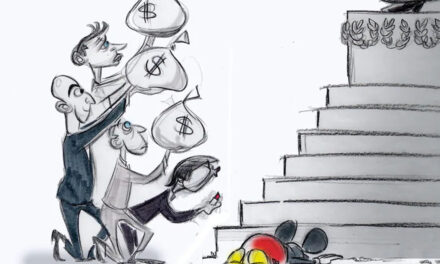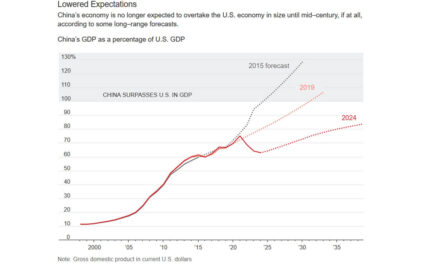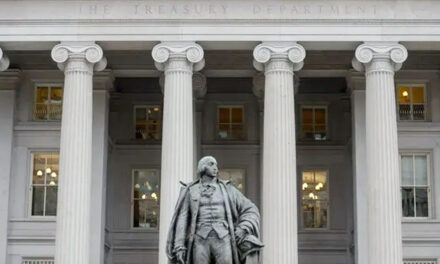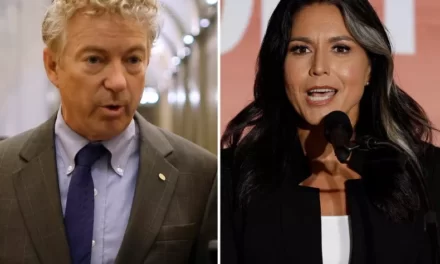
What conservative Supreme Court?
Much of the explanation for President Trump’s 2016 election victory was concern over the Supreme Court. With the likelihood of the next president having at least two picks for the Supreme Court, the person and political party making those nominations was a major consideration – and it still is even after Trump placed justices on the Court. The Court will, again, loom large in the voting choice for many Americans. The only question is which side will care more.
Much is written about Trump’s two appointments. The conventional wisdom is that they have shifted the balance of power in favor of the conservatives. In fact, it appears to be only a slightly less liberal Court than previously. Supporters of a strict constructionist court will have to get two more conservative jurists empaneled – and these will have to be conservatives in the tradition of Anton Scalia and Clarence Thomas.
Liberals on the court have a decided advantage. They are appointed for their deep-seated liberal philosophy — and they do not modify once on the high court. They remain dogmatic in their belief that the Court is a legislature of the last resort – creating law according to the zeitgeist of the times as opposed to interpreting it based on constitutional language and legislative intent.
The justices of the Supreme Court are often analogized as “referees” – there to interpret the rules, but not create them. Theoretically, they are to follow the Constitution, interpret it faithfully and adhere to the expressed will of Congress in enacting laws. The justices can only strike down laws when they clearly violate the Constitution.
To extend the analogy, in baseball there is a prescribed strike zone. The referee is to faithfully call balls and strikes accordingly. He is not supposed to call a ball wide of the strike zone a strike by declaring the strike zone is not wide enough. But that is what progressive courts do.
Justice John Roberts did just that when he declared the mandated premium payments for Obamacare to be a tax. If it were not a tax, Obamacare would have had to be declared unconstitutional. Roberts proffered this new legal interpretation even though the Obama administration had frequently and emphatically declared their proposal was NOT a tax. This was affirmed in Congress, which – in passing the legislation – officially stated it was NOT a tax. Congressional intent could not have been clearer.
Roberts mattered because the four liberal justices would have voted to save Obama care – tax or not. The liberal wing has never been bound by the Constitution or Congressional intent in pursuing the liberal social and political policy wish list.
Roberts recently sided with the liberal faction on the Louisiana abortion case – striking down the law that would have required abortionists to be connected to a hospital and emergency room. Roberts said that his decision was NOT based on the merits of the opposition arguments, but merely on precedence. On that kind of reasoning, Roberts could have upheld the dreadful Dred Scott decision.
Whatever you think of abortion, Roe v. Wade was a decision without constitutional foundation – but rather an incredible stretch of the meaning of the Privacy Clause. This is the same high court that routinely ignores the Tenth Amendment that limits the powers of the federal government.
A major problem in achieving a truly conservative Court is the tendency of the so-called conservative justices to moderate or be more malleable than their liberal counterparts. How many times have you seen the liberal justices split on major decisions – or even on less prominent ones? Yet, we have recently seen Justice Neil Gorsuch and Roberts join with the liberal faction in the transgender case. Though both Gorsuch and Justice Brett Kavanaugh are considered very conservative, it is not at all sure that even they would vote to overturn Roe v. Wade.
Former Chief Justice Earl Warren was appointed by President Eisenhower to replace outrageously racist Chief Justice Fred Vinson — who had been appointed by President Truman. Warren was considered a conservative pick. He turned out to be very liberal in most of his decisions.
Chief Justice Warren Burger, a Nixon nominee, David Souter, an H. W. Bush nominee, are two outstanding examples of judges shifting to the left after taking a seat on the Court. In fact, since the election of Eisenhower in 1952, Republican presidents have appointed 21 of the 29 appointments to the Supreme Court (including elevations to Chief Justice). In fact, Republican presidents have named every Chief Justice since Truman gave the job to Vinson in 1946. We are in the 76th year of Republican-appointed Chief Justices, with likely many years to come – and yet the Court has been dominated by liberal ideology throughout that period.
The reason is simple. Liberal Democrat appointees remain firm and conservative Republican appointees shift. Roberts can no longer be viewed as a conservative justice. At best, he has followed the tradition of Justice Anthony Kennedy as a swing vote. Conservatives understandably fear that he will become another Warren or Burger. Some argue that Roberts is a political establishmentarian who panders to the zeitgeist of the times in an effort to gain personal popularity. He would rather be liked than to be right – in both meanings of that word.
As it was in 2016, there are a lot of American voters who wince at Trump’s personality but will overlook them to prevent the radical left from appointing any more justices than they already have.
So, there ‘tis.

























Not the referee, in fact, but the umpire in baseball calls the validity of the pitcher’s throws. Clearly, baseball is so no longer the national pastime that even “mature” columnists no longer master the terminology.
😉
Ya got me! LOL And me a Cub fan…